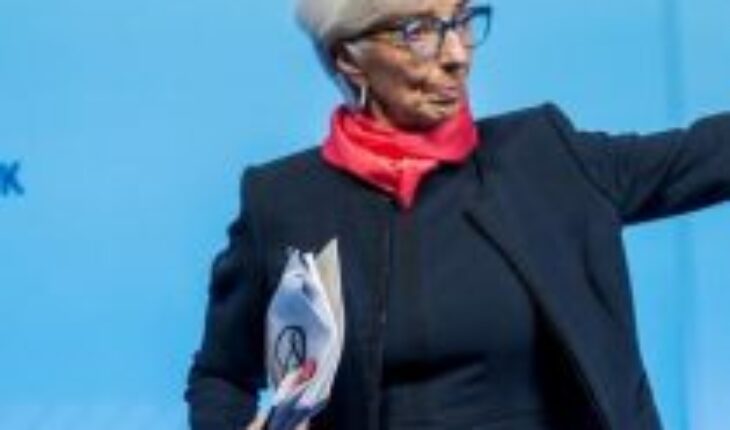Following the Governing Council meeting, the ECB reported that it also increased by 50 basis points the credit facility, to which it lends overnight banks to 0.75%, and the deposit facility, to which it remunerates overnight excess reserves, to 0%. This is the first rise in interest rates since July 2011. In addition, ECB interest rates have been at 0% since mid-March 2016 and the deposit facility rate has been negative since mid-June 2014.
The Governing Council “decided today to take important new steps to ensure that inflation returns to its medium-term 2% target,” the ECB said in a statement. “Further normalisation of interest rates will be appropriate at the forthcoming governing council meetings,” the ECB adds.
Future decisions depend on the development of inflation
The step forward to exit negative interest rates agreed today allows the ECB to transition to an approach in which interest rate decisions will be taken at each meeting. The future path of key interest rates agreed by the ECB will depend on inflation data. In addition, the ECB will assess options for remunerating excess liquidity.
The ECB decided to approve the Transmission Protection Instrument (TPI) so that risk premia in some euro area countries do not soar. The new TPI instrument “is necessary to support the effective transmission of monetary policy,” the ECB says. As long as the ECB raises its interest rates, the CFI will ensure the smooth transmission of the policy stance to all euro area countries.
ECB aims to curb speculation
The CFI will be added to the ECB’s toolkit and can be activated to counter unwanted or disorderly market dynamics that pose a serious threat to the transmission of monetary policy across the euro area. “The volume of purchases under the ICC will depend on the severity of the risks to the transmission of policy,” the ECB said in the statement.
That is why the ECB has not put in place ex ante restrictions on debt purchases. To curb the rise in risk premia in peripheral countries, the ECB has been reinvesting since July 1 the bonds it bought during the pandemic and that mature flexibly.
But this measure is not enough in the event of a major crisis as is now happening in Italy, a heavily indebted country facing a new political crisis, and that is why the ECB has approved this new instrument to curb speculation in the markets.
Follow us on





